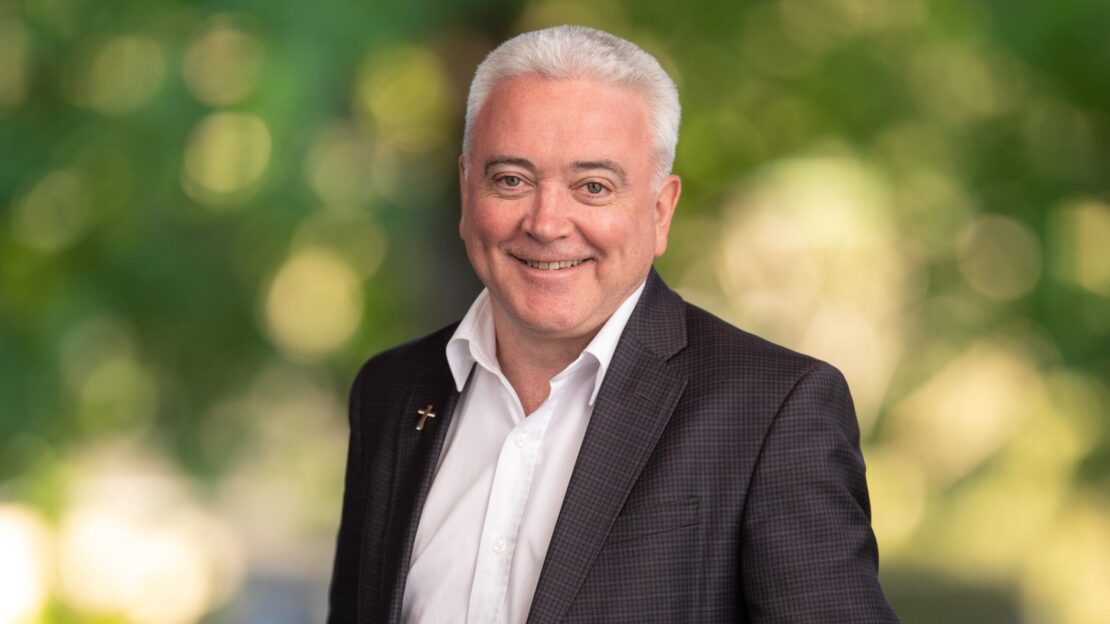Sometimes the Gospel can be hard to hear. This week’s text from Matthew is one of those. We read from chapter ten of Matthew: ‘Anyone who prefers father or mother to me is not worthy of me. Anyone who prefers son or daughter to me is not worthy of me.’ In the first century world of the New Testament, family ties were everything. Your whole existence came from the family to which you belonged, and family loyalty was a binding feature of local culture. It is hard for us to imagine the strength of these ties. Perhaps if we remember, that often, it was preferred even to marry within the wider family, we get a sense of the strength of family. For many people in our culture today, family is also of the highest importance. Our families, after all, are the places where we are nurtured, shaped and supported. It is from our families that our very identity is given to us.
Yet, the Gospel challenges us to think about family in a new way. For the gospel writers, our first preference is to be for Jesus Christ. The image of baptism is perhaps a way in which we can understand what this might mean. Baptism is often referred to as being ‘born again’. The newly baptised go down into the waters. This going down is symbolic of dying to all that is not of Christ. And emerging out of the waters, the newly baptised rise to a new life in Christ. The newly baptised is then anointed with oil. The oil of Chrism is rubbed into the head of the baptised with the words: “God the Father of our Lord Jesus Christ has given you new birth by water and the Spirit and welcomed you into his holy people.” The symbolism of oil is rich. I often reflect with families at the time of baptism, that I always regret spilling oil on my clothes when cooking because the stain of the oil never comes out. This is the very reason we use oil at baptism. The newly baptised has been ‘stained’, if you like, by Christ. More positively speaking, Christ has comes into us at baptism to shape our minds, our hearts and our hands. From now on the newly baptised is to ‘walk as a child of the light’ and to see that ‘the flame of faith is kept alive’ within them. That is why we present the baptised with a candle, the flame of faith.
The life given to us in baptism, according to the Gospel, is the life for which we give preferential priority. It means seeing the world and its people as God, the creator of all, sees the world. It means seeing the dignity and value of each and every human being, not just those in my immediate family. It means promoting the common good, not just pursuing my own (family) desires. It means deepening an understand of the entire human family as my sisters and brothers. This is the call of Pope Francis in his apostolic exhortation, Fratelli Tutti, we are all brothers and sisters.
The implications for this are far reaching. For the Christian, it means that there is no ‘them and us’ in the world anymore. It means that there is only the human family, and we are all made in the image and likeness of God. It means that nation states and nation boundaries disappear in our eyes. Differences in race, creed and gender give way to common humanity, united under the one God who breathes life into all. All of humanity is one in Christ.
What does this mean practically for Christians? It can sometimes seem overwhelming to confront the injustices and inequalities of the whole world. But it can be simple too. The last line of the Gospel today gives us a clue as to where we can start. “If anyone gives so much as a cup of cold water to one of these little ones because he is a disciple, then I tell you solemnly, they will most certainly not lose their reward.”
By Fr Brendan Reed




Comments
Add Comment